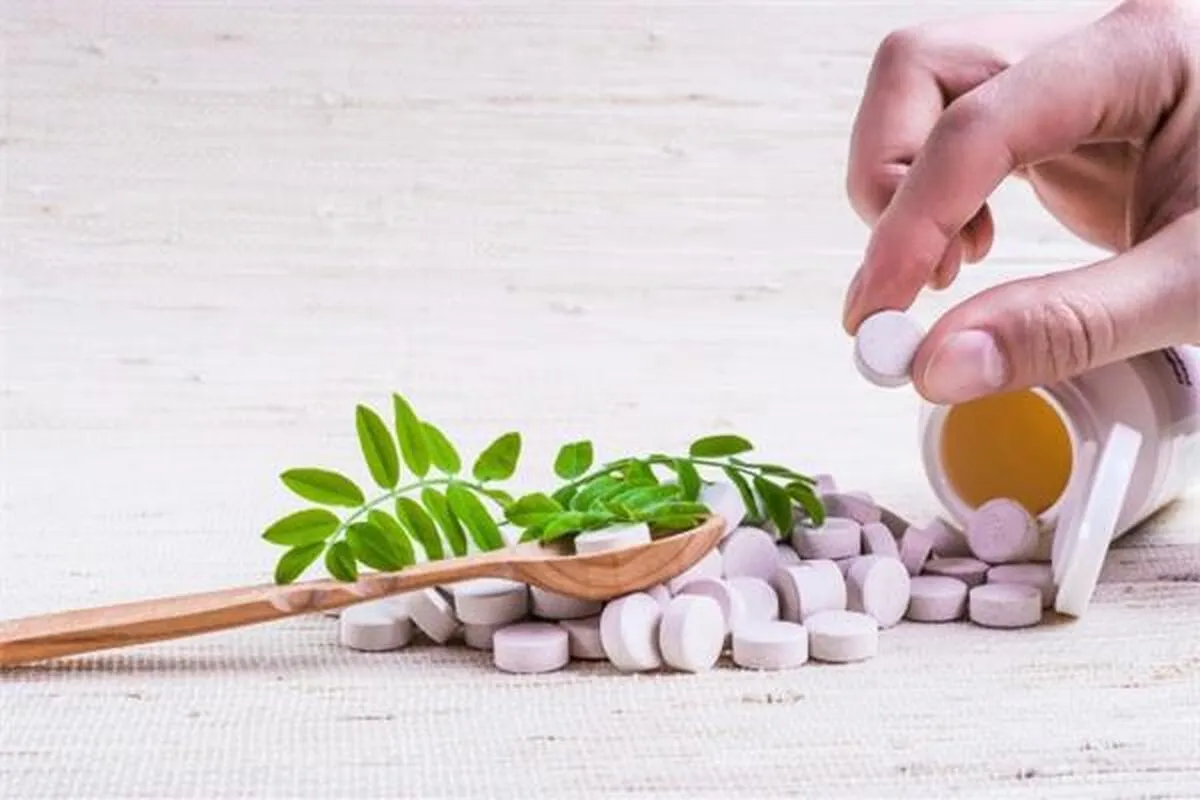Iran-Made Herbal Laxatives More Effective Than Chemical Drugs

The latest product of the company is a herbal laxative containing herbs such as senna, cloves, and licorice, said Leila Taqizadeh, one of the researchers.
The capsule, in addition to solving problems caused by constipation, also treats abdominal pains and cramps, and stomach bloating, which are symptoms and complications of constipation, she added.
The foreign sample is sold at the price of about $7.5, but the Iran-made product is sold at the price of about $2.3, Taqizadeh noted.
Referring to the potential for producing native medicinal plants in the country, she said that Iranian licorice plant is exported.
“We have produced medicines by processing medicinal plants," she added.
“The medicine generally contains senna extract, and it is prohibited for children, so we produced medicinal syrup to treat children's constipation,” she highlighted.
She went on to say that the syrup is a product of Iranian traditional medicine using extracts of plants such as jujube, viper's-buglosses, rose flower, violet flower, plantago ovata, and quince seeds.
Taqizadeh pointed to the clinical trials of the two herbal medicines, saying, “A group of 2 to 15 years old consumed the syrup produced in this company, and the other group was prescribed PEG laxative for children."
The syrup showed fewer side effects and longer durability, meaning that it did not only solve the problem of constipation but also created permitted laxity.
The produced herbal syrup can be prescribed for both children and adults.
Although the senna plant solves the problem of constipation, it will cause intestinal laziness over time, and people who suffer from this problem for a long time are recommended to use the produced syrup, Taqizadeh concluded.
4155/g





















